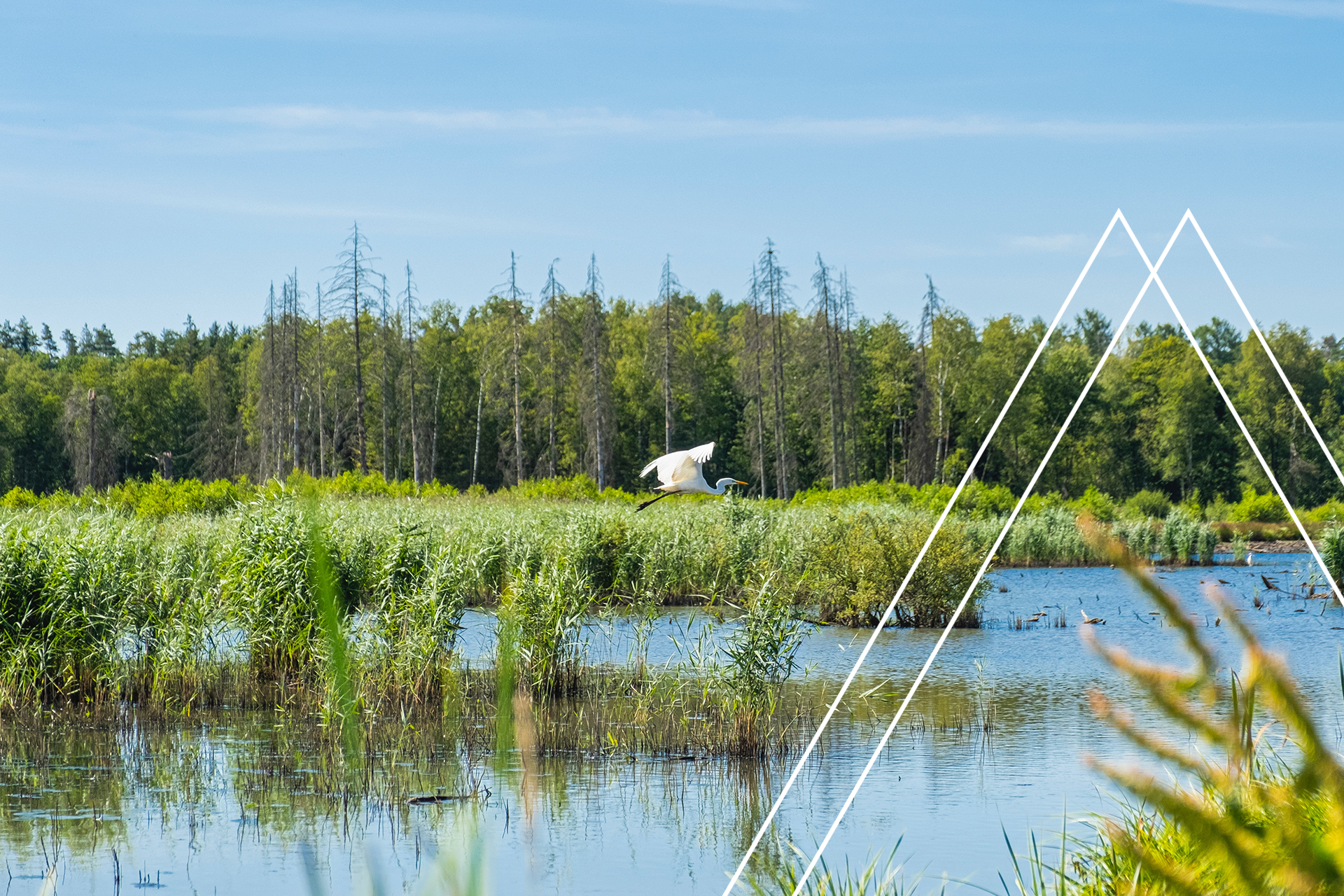New year opportunities: ESG Trends 2024
The annual Global Risk Report published by the World Economic Forum (WEF) presents a comprehensive analysis of current global challenges. In its report published in January of this year, the WEF warns of a "foreseen duo of dangerous crises", referring to the duality of climate and conflict-related challenges. Respondents from academia, business, government, the international community and civil society see climate change-related risks in particular as a key global challenge in the long term. According to the survey, the four most highly rated risks over the next 10 years are: extreme weather events, critical changes to earth systems, loss of biodiversity and the collapse of ecosystems. In addition, current crises and conflicts such as inflation, the war in Ukraine and the conflict between Israel and Palestine make many respondents pessimistic about the coming years.
If implemented consistently, ESG guidelines can help to reduce the negative impact of companies on the environment and thus mitigate climate change-related risks by creating a sustainable business environment.
In 2024, numerous new EU regulations will come into force to make ESG reporting more transparent and standardised. The aim is to oblige companies to be more transparent and accountable with regard to their environmental impact.
Corporate Sustainability Reporting Directive (CSRD)
One of the most far-reaching ESG innovations in 2024 is the extension of the Non-Financial Reporting Directive (NFRD), which has been in force since 2014, by the Corporate Sustainability Reporting Directive (CSRD). The CSRD will extend the reporting obligations and areas of application of the previously applicable NFRD for companies operating in the EU to include climate impacts. The CSRD came into force on 1 January 2024 and will increase the number of companies subject to reporting requirements from an estimated 11,600 to 49,000. Accordingly, this affects:
- Large companies in terms of accounting law,
- Small and medium-sized enterprises (SMEs) that are capital market-oriented in terms of accounting law,
- Third-country companies that have generated net sales of more than EUR 150 million throughout the EU in the last two financial years and whose subsidiaries fulfil the above size criteria, or whose branches generated net sales of more than EUR 40 million in the previous financial year.
For financial years from 1 January 2024, the reporting requirements initially only apply to companies with 500 or more employees with a public interest. For financial years from 1 February 2025, all large companies under accounting law will be affected and the financial year from 1 January 2026 will also include capital market-oriented SMEs. The aim is to increase the accountability of European companies with regard to sustainability aspects and to introduce EU-wide reporting standards. Report content is set out and standardised in the European Sustainability Reporting Standards (ESRS) in order to create greater comparability and measurability between companies. Information on sustainability aspects is to become a mandatory part of the management report of companies and, in the long term, assume the same importance as traditional financial reporting.
Sustainable Finance Disclosure Regulation (SFDR)
As part of the EU's Sustainability Framework, the SFDR obliges financial market participants to fulfil new ESG disclosure obligations by June 2024. This includes reporting on their financed issues. The disclosure requirement for financial market participants operating in the EU is intended to make the sustainability profile of investment products more comparable and easier for end investors to understand, thereby promoting the flow of capital into sustainability-oriented companies.
EU Deforestation Law
By importing products from deforested areas, the EU is responsible for an estimated 10% of global deforestation between 1990 and 2020. The EU law on deforestation aims to ensure that products marketed in the EU do not contain raw materials from recently deforested areas. The law is therefore intended to curb the EU's contribution to global deforestation and the associated loss of biodiversity and increase in greenhouse gas emissions. The new rules will also help to secure the livelihoods of millions of people, including indigenous peoples and local communities worldwide, who are highly dependent on forest ecosystems. In order to export to Europe, manufacturers must now prove that their supply chain is deforestation-free by disclosing traceability data including GPS coordinates. The regulation will apply to products from both the EU and third countries. Manufacturers are obliged to implement sustainable production processes and increase transparency in the supply chain. In view of the increasing global demand for deforestation-free products, the new regulation offers an opportunity to strengthen trade in such products and empower sustainable actors. Companies have until December 2024 to implement the new rules. A longer adaptation period applies to small businesses and other special provisions apply.
EU Nature Restoration Law
The EU Nature Restoration Law is a proposal by the EU Commission and part of the EU Biodiversity Strategy. The law is intended to set binding targets for the restoration of degraded ecosystems such as wetlands, rivers, forests, grasslands and marine ecosystems. Measures to restore biodiversity should cover at least 20% of the EU's land and marine areas by 2030 and all degraded ecosystems by 2050. The EU member states are expected to approve the law in February 2024. By implementing it, the EU can ensure that it fulfils its international commitments, in particular the global biodiversity framework agreed at the UN Biodiversity Conference (COP15) in Kunming-Montreal in 2022.
As a partner of Rewilding Europe, EnviroSustain is already making its own contribution to the restoration of ecosystems in Europe. Rewilding Europe uses rewilding initiatives to return species that have disappeared due to human intervention to their natural habitat and thus restore biodiversity. These initiatives contribute to the reconstruction of forests, grasslands, heathlands and peatlands. Thanks to their ability to store CO2 from the atmosphere, these ecosystems in turn play an important role in the fight against climate change.
Sources/more information:
- CSR - Corporate Sustainability Reporting Directive (CSRD) (csr-in-deutschland.de)
- Delegierte Verordnung (EU) 2023/2772 der Kommission vom 31. Juli 2023 zur Ergänzung der Richtlinie 2013/34/EU des Europäischen Parlaments und des Rates durch Standards für die Nachhaltigkeitsberichterstattung (europa.eu))
- eur-lex.europa.eu/legal-content/DE/TXT/PDF/?uri=CELEX:32019R2088
- Green Deal: New law to fight global deforestation and forest degradation driven by EU production and consumption enters into force - European Commission (europa.eu)
- Parliament adopts new law to fight global deforestation | News | European Parliament (europa.eu)
- The EU #NatureRestoration Law (europa.eu)








Head Office, Berlin,
Neue Grünstraße 17 | 18 Hof 1 | TRH 3
10179 Berlin
© ES EnviroSustain GmbH 2021





